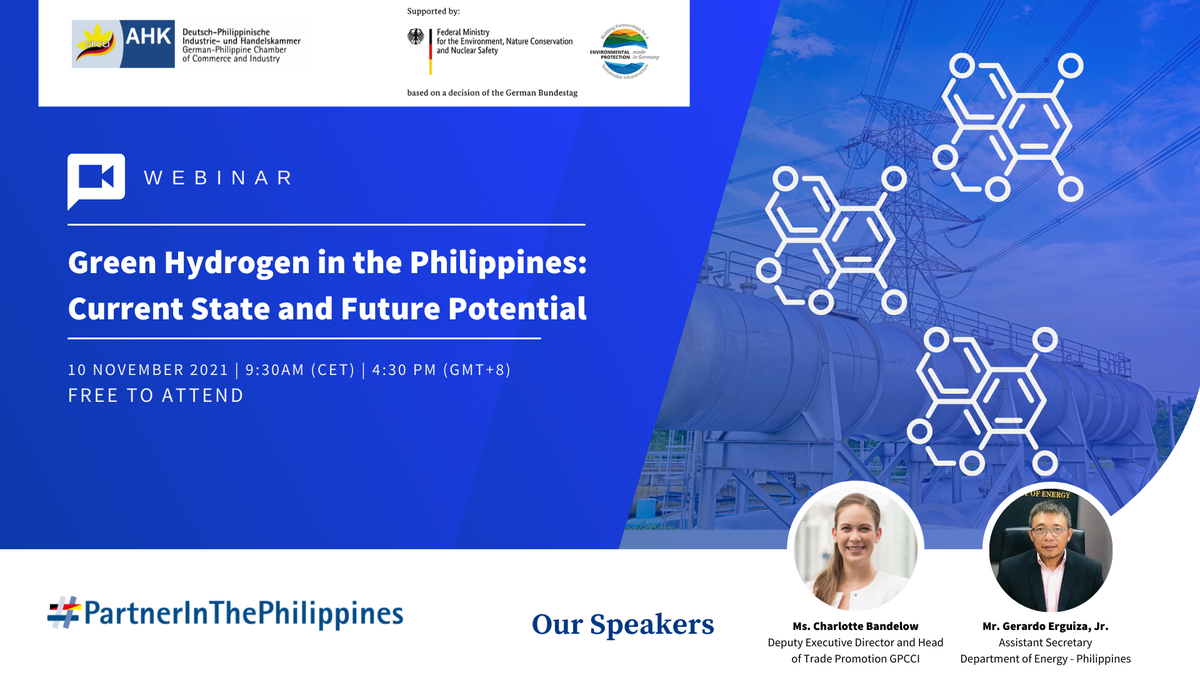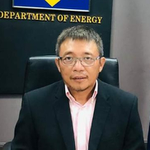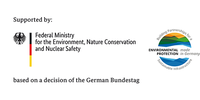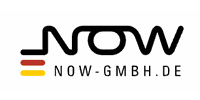Event Details
The increasing energy consumption in the Philippines due to economic and population growth calls for a larger and more steady energy supply. While coal still makes up most of the Philippines' energy mix, there is continued expansion of renewable energy sources. The Philippine government committed to increase the share of renewable energy in the country's energy mix to 35% by 2030. Reliably storing clean energy, mainly from solar and wind in the Philippines, is an ongoing challenge and limits its use as a backup power. Diesel generators are still the most common type of backup power system. However, its costly maintenance and negative environmental impact are not sustainable in the future. Green hydrogen and fuel cell technology are an efficient and climate-friendly alternative.
Supported by the German Federal Ministry for Environment, Nature Conservation and Nuclear Safety (BMU), GPCCI conducted a feasibility study to better understand the potential of green hydrogen and fuel cell technology in the Philippines.
In a 75-minute webinar, GPCCI will present the results of the study and outline opportunities for German companies to share know-how and technologies with Philippine stakeholders. DOE Assistant Secretary Erguiza, Jr. will share market insights on the current state of renewable energy production, storage, and use as well as DOE's strategy for hydrogen and fuel cell technologies and its future plans. Time will also be allotted for moderated questions and answers.
Nov 10, 2021
09:30 - 11:15 GMT+1
Agenda
- 09:30 - 09:35Welcome RemarksWelcome remarks from GPCCI Executive Director
Mr. Christopher Zimmer - 09:35 - 09:40Opening RemarksOpening Remarks from German Federal Ministry for Environment, Nature Conservation and Nuclear Safety (BMU)
Head of Department Economy & Environment
Mrs. Nilgün Parker - 09:40 - 09:45Export Initiative Hydrogen and Fuel Cells TechnologiesRemarks from NOW GmbH
Head of Program International Energy Concepts
Dr. Julius von der Ohe - 09:45 - 10:05Market study insights: Baseline Analysis for Green Hydrogen Potential in Urbanized Areas in the PhilippinesGPCCI Deputy Executive Director/Head of Trade Promotion Ms. Charlotte Bandelow will present the results of the study and outline opportunities for German companies to share know-how and technologies with Philippine stakeholders.
- 10:05 - 10:25The Philippine Hydrogen StrategyAssistant Secretary Erquiza will share market insights on the current state of renewable energy production, storage, and use as well as DOE's strategy and future plans regarding hydrogen and fuel cell technologies.
- 10:25 - 10:40Q&A Session
- 10:40 - 10:45Closing Remarks





